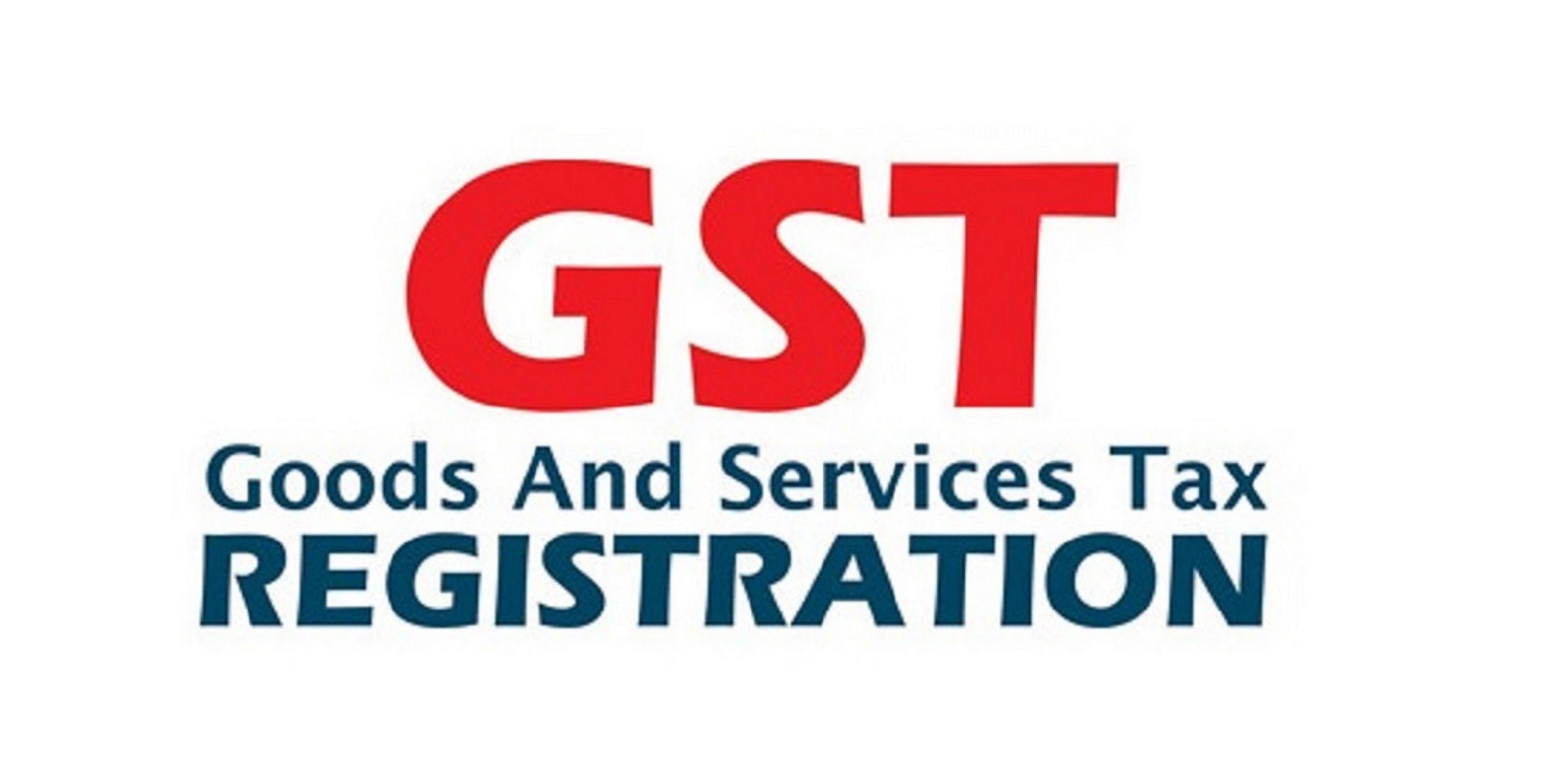Contrast and Select the very best GST Registration Services in Singapore for Your Requirements
Contrast and Select the very best GST Registration Services in Singapore for Your Requirements
Blog Article
From Start to Finish: The Ultimate Roadmap to GST Enrollment for Businesses Looking For Financial Stability
Browsing the intricacies of Goods and Provider Tax Obligation (GST) enrollment is an important step for companies making every effort for monetary stability. Damaging down the roadmap right into convenient actions can simplify the registration trip for businesses looking to enhance their financial standing.
Recognizing GST Essentials
Exploring the essential concepts of Goods and Services Tax Obligation (GST) is important for acquiring a thorough understanding of its effects on organizations and the economic climate. GST is a value-added tax obligation levied on most goods and solutions for domestic consumption. It has actually replaced numerous indirect tax obligations that existed in the pre-GST era, improving the tax obligation structure and improving convenience of doing organization in India. Under the GST system, both products and services are exhausted at a particular rate, which is identified based on their classification. Organizations are needed to sign up for GST if their annual turnover exceeds the threshold limit set by the federal government. Input Tax Obligation Credit Scores (ITC) is a considerable function of GST, allowing organizations to assert credit score for taxes paid on inputs, decreasing the total tax obligation worry. Comprehending the essentials of GST is vital for companies to adhere to tax obligation laws, handle their funds efficiently, and add to the nation's economic development by joining a transparent tax obligation system.
Eligibility Criteria for Enrollment
As of the current laws, the threshold limit for GST registration is an annual accumulation turn over of 40 lakhs for businesses running within a state, except for unique category states where the limitation is 20 lakhs. In addition, specific services are required to register for GST irrespective of their turnover, such as interstate vendors, laid-back taxable individuals, and companies accountable to pay tax obligation under the reverse charge device. It is vital for companies to completely examine their turn over and purchase types to determine their GST registration commitments accurately.
Records Needed for Enrollment
Having actually met the qualification standards for GST registration, companies need to now guarantee they have the requisite papers in place to proceed with the registration procedure effectively. The documents required for GST registration usually consist of proof of company constitution, such as check over here collaboration act, enrollment certification, or incorporation certification for different types of companies. Furthermore, businesses require to offer papers developing the major place of service, such as a rental arrangement or electricity bill.
Step-by-Step Enrollment Process
Commencing the GST enrollment process includes a series of structured steps to guarantee a seamless and certified enrollment for businesses. The initial step is to check out the GST portal and fill up out the registration form with precise information of business entity. Following this, the candidate receives a Short-term Recommendation Number (TRN) which is used to return to the application procedure if it's not finished in one go.
Following, all needed files according to the list provided by the GST portal requirement to be uploaded. These files normally include evidence of company identification, address and enrollment proofs of marketers, financial declarations, and service entity's PAN card.

Post-Registration Compliance Standards

Conclusion
In verdict, businesses looking for monetary security must comprehend the basics of GST, fulfill eligibility standards, gather required files, follow the detailed registration procedure, and adhere to post-registration guidelines - Best GST registration services in Singapore. By adhering to these actions, services can ensure compliance with tax obligation laws and maintain monetary stability in the future
In addition, specific services are required to sign up for GST regardless of their turnover, such as interstate distributors, informal taxable individuals, and businesses liable to pay tax obligation under the reverse charge device.Having actually satisfied the eligibility criteria for GST enrollment, businesses need to currently ensure they have the requisite files in place to continue with the enrollment procedure successfully. The papers needed for GST registration generally include proof of company constitution, such as collaboration action, registration certificate, or incorporation certificate for various kinds of companies. Additionally, companies need to provide records establishing the principal location of organization, such as a rental arrangement or power costs.Starting the GST enrollment procedure involves a collection of structured actions to ensure a certified and seamless enrollment for companies.
Report this page